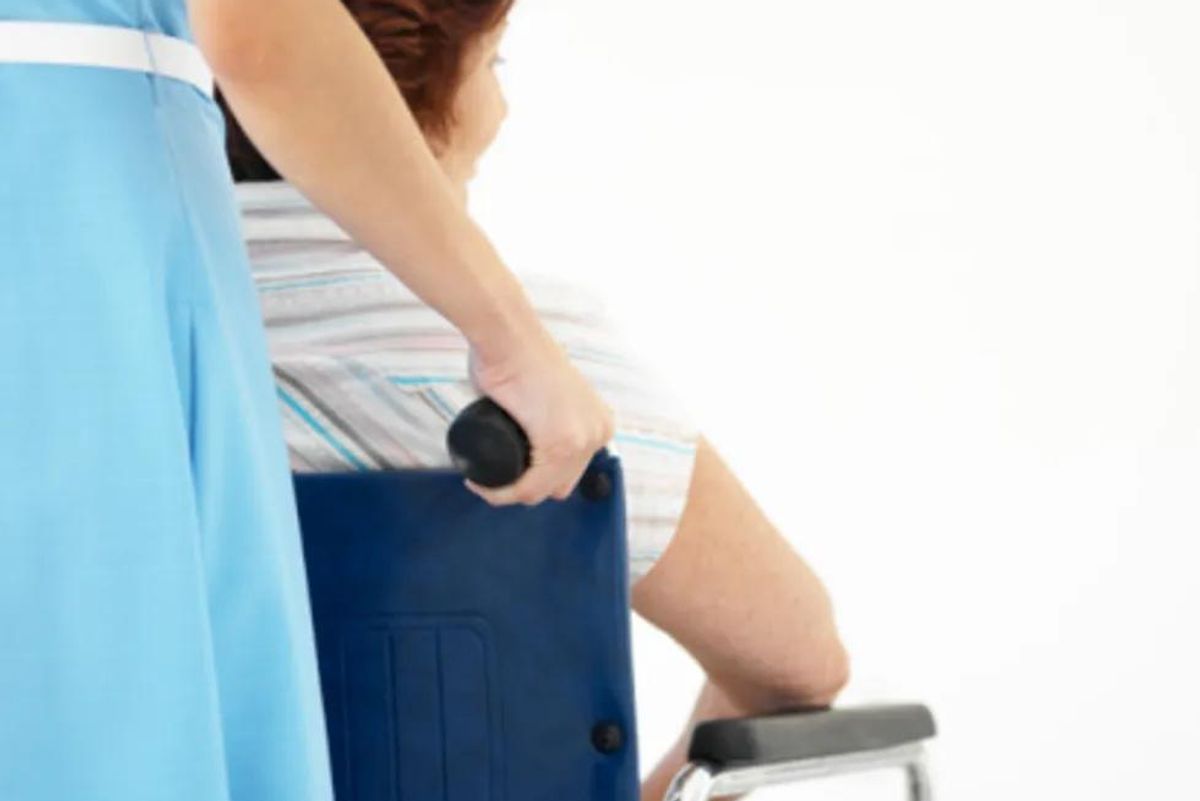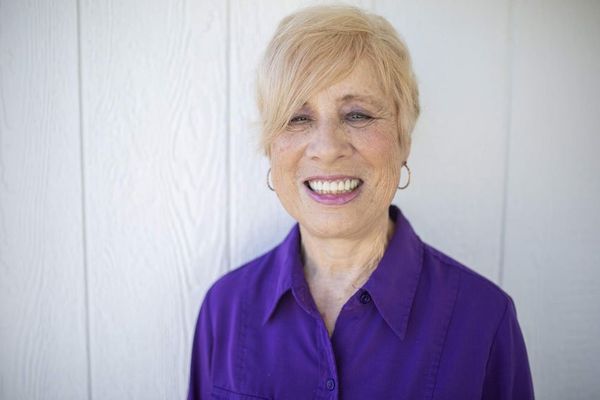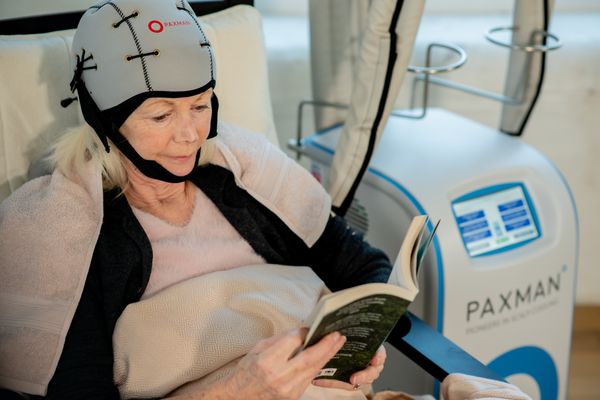This article has been archived. We will no longer be updating it. For our most up-to-date information, please visit our cancer information here.
By Sylvia L. Ramsey
When I began to regain consciousness after my bladder cancer surgery, I tried to breathe but realized that something was breathing for me. If I struggled, breathing became difficult. It did not take long to know I had to let the respirator do the work.
When I tried to open my eyes, I realized I could not. There was something over them, and whatever it was, it itched. I was lucky that my nurse could read body language. Even though my hands were strapped down, I pointed toward my head and gestured as if I were scratching. She understood. She told me she would remove the tape across my eyes and get a wet cloth to soothe my skin.
I was going in and out of consciousness and remember very little until the next morning. Someone came in and removed the respirator. After a short time, I was moved to a private room. I had more tubes coming out of me than I thought there were places for tubes to go.
When my doctor came to see me, I fussed about waking up on a respirator. He said I had been on the operating table for 11 hours and my blood pressure kept dropping, so he wanted to make sure I was OK. I had exhausted him, he said. He told me he was able to remove my bladder and create an Indiana pouch because the cancer had not penetrated the bladder wall. To do that, he took a section of my colon to create a pouch and used a section of my small intestine that had two sphincter valves to make the stoma that goes from the pouch to my navel. He also did a radical hysterectomy to ensure the removal of all the cancer.
He created a temporary stoma opening on the lower part of my stomach to allow the newly created pouch to heal before it took over the job of a bladder. Later, he told me to be careful with the stoma tube. If it came out, he said I only had one and one half hours to get to the hospital and get it reinserted. He had created some sort of trap door so that when the tube was removed permanently, the trap door would close and the stoma opening would heal over.
For the first couple of days, I spent most of my time sedated and sleeping. As the drugs were reduced, I began to be conscious of what was going on around me. My eldest son was right there beside me, trying his best to help when he could. The next step, was trying to recover enough to go home.
After some of the tubes were removed, my first trip out of bed and to the restroom was quite an adventure. I realized just how weak the surgery and lying in bed had made me. However, I was determined to get on my feet and get well. My goal was to take care of my husband, who had prostate cancer and COPD, and to return to work so I could pay all the doctor bills and pay for the medication we were both taking.
I grew brave. Before my doctor thought I would be out of bed, I took a walk down the hall, pushing my IV stand along. I was proud of getting up and walking before my doctor predicted. I pushed him and myself for an early release. I wanted to be home for my husband.
Finally, after about a week, the day to go home arrived. My son brought my going home clothes to the hospital— a gown and a robe. There was no way I could put on street clothes or pajamas because I had stitches and clamps from my breastbone to my pelvis bone.
At that time, the nurses in the hospital where I had my surgery were not very knowledgeable about this type of cancer or surgery. The ostomy nurse came to see me before I was released. She was honest when she said she had no idea what to tell me about my urostomy, or my Indiana pouch. She gave me a package of stoma patches and told me to try them to see what worked best. I remember thinking, "There has to be more information than this." That was it.
I left the hospital feeling a bit insecure, to say the least. I wanted to know more about how to care for myself and what to expect. I wanted to talk to someone who had traveled this road. There was no one.
As I was leaving the hospital, I saw a woman who had had surgery for breast cancer. Women from the local cancer society surrounded her with flowers, candy and all kinds of information on support. Indeed, I experienced none of this. I could not understand why. My cancer and surgery were just as serious. But there was just me, having no idea how to cope with my new future.
Read more of her story on HealthyWomen.org:
Living With Bladder Cancer
Two Diagnoses, One Couple, One Day: Could it be Possible?
Lots of Questions and No One to Talk To
Preparing for Surgery and Staying Positive
It's Not Leprosy, It's Cancer
My Bladder Cancer Surgery
Learn more about bladder cancer and about Sylvia L. Ramsey, cancer survivor, advocate, author and public speaker, at: www.bladdercancersupport.org, www.authorsden.com/sylvialramsey1






